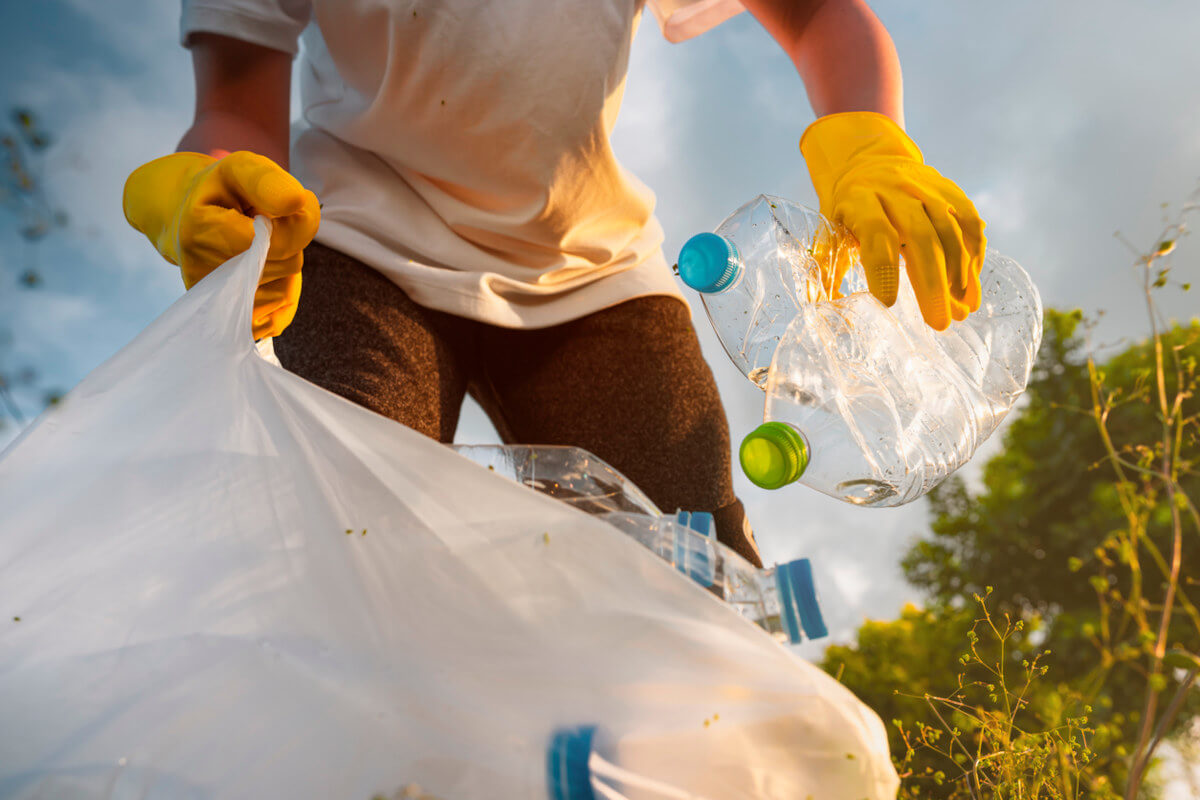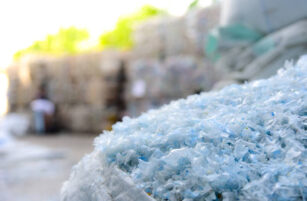Insight Focus
New regulations across Asia are forcing companies to take more responsibility for packaging. The use of biodegradable and recyclable materials has become more common to address environmental concerns.
Regulatory Changes Extend Producer Responsibility
Countries like Japan and South Korea have accelerated the switch to sustainable packaging. The Japanese government recently proposed that it would impose mandatory recycled plastic mandates for major manufacturers. All plastic packaging must be reused or recycled by 2035.
Meanwhile, South Korea’s latest Recycling Act bans difficult-to-recycle plastics such as PVC and requires grading and labelling of all packaging. Already, 86% of South Korea’s total waste is recycled, and the country wants to double plastic waste recycling to 70% by 2030.
These are just a few examples of governments who are setting out extended producer responsibility measures when it comes to packaging. Companies are increasingly sourcing sustainable resources and technology, which can influence trade flows.

This change leads to an increase in imports of eco-friendly materials and exports of innovative packaging as companies remodel their supply chains to meet new standards.
Packaging Goes Sustainable
According to some of the manufacturers in Thailand, sustainable packaging is growing in popularity. This will continue, given that the EU has set strict targets that plastic bottles must contain at least 25% of recycled plastic by 2025 and 30% by 2030.
The industry must increasingly adopt ecofriendly materials and practices to reduce its environment footprint by using:
- Biodegradable and composable packaging that can be naturally broken down.
- Recyclable post-consumer packaging.
- Minimal packaging.
ThaiBev has already successfully reduced the amount of raw material used in its beverage can packaging by downgauging aluminium cans. By slightly reducing the amount of aluminium used in its cans, ThaiBev used 1,200 tonnes less of aluminium in 2023 compared with a 2020 baseline.
And Nestle Thailand has made 89% of its packaging reusable or recyclable.

“Smart Packaging” Emerges
Technological advancements are transforming packaging to become more interactive and functional. This can include:
- QR Codes and NFC Tags, which allow consumers to access product information, traceability and promotions via their smartphones.
- Sensors and Indicators, which allows the packaging itself to indicate freshness, temperature changes and product tampering.

As technology advances, packaging is becoming more interactive and functional. Nestle has included NFC tags in its packaging, allowing consumers to use phones to access product information and verify authenticity. This smart packaging solution not only increases consumer engagement, but also addresses concerns about counterfeiting.
What’s Next for Sustainable Packaging?
The tremendous expansion of e-commerce in Asia is changing packaging demands. For example, the rise in online shopping has increased demand for strong packing solutions that keep products intact during long-distance transportation. To address these new difficulties, innovations such as tamper-evident seals and protective materials are being used.
Additionally, customisation is becoming crucial, driven by consumer demand for unique experiences. This can include:
- Variable printing, which allows more unique designs and messages on each package.
- Limited edition packaging, which incorporates special designs for holidays, events or collaborations, enhancing brand individuality.
Remember, though, packaging can be customised without compromising on recyclability.
Asian packaging is transforming with the integration of smart technology, strong focus on sustainability and changes in consumer preferences. Companies who adapt to these changes will not only stay relevant in the market but also contribute to a more sustainable and innovative future.














